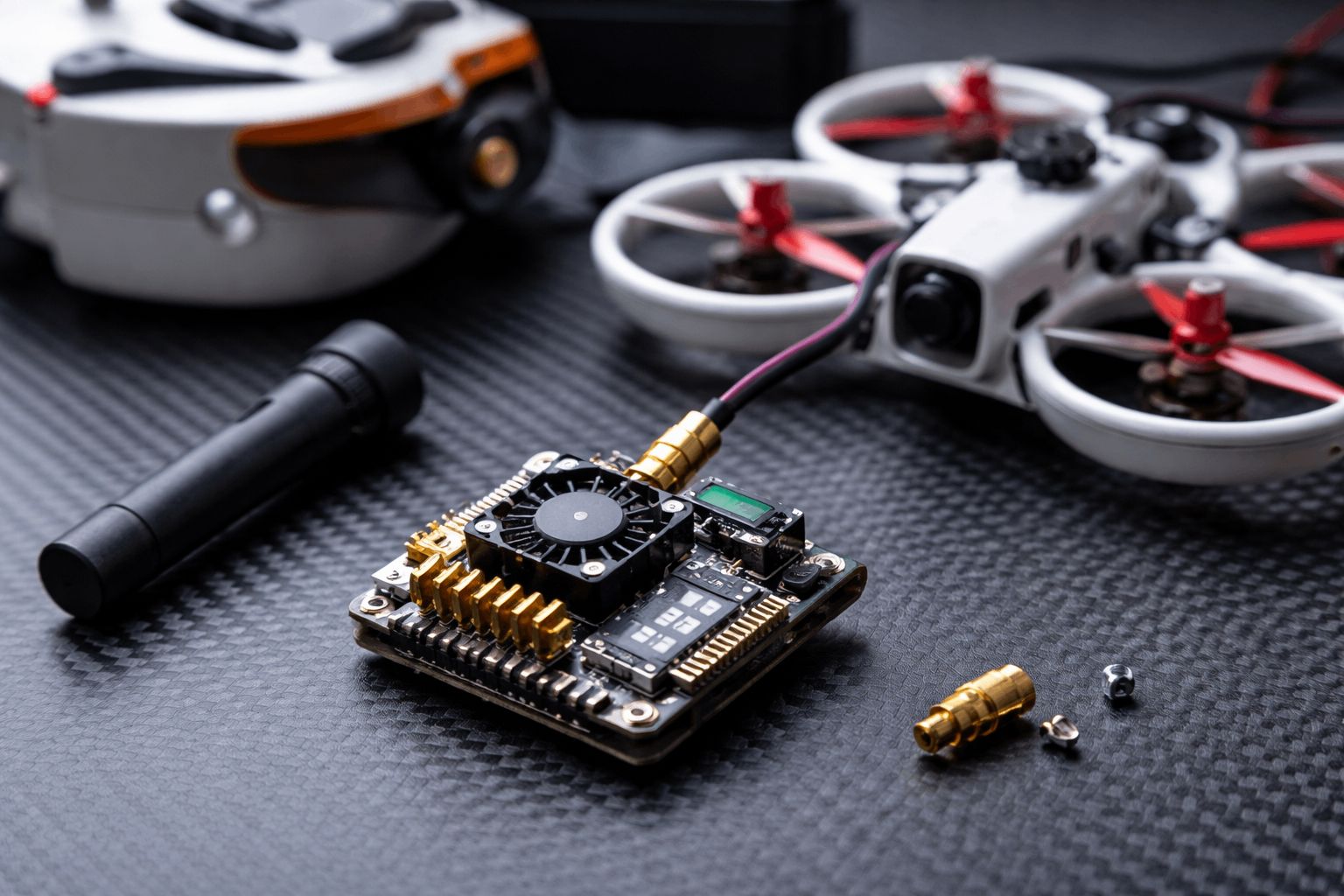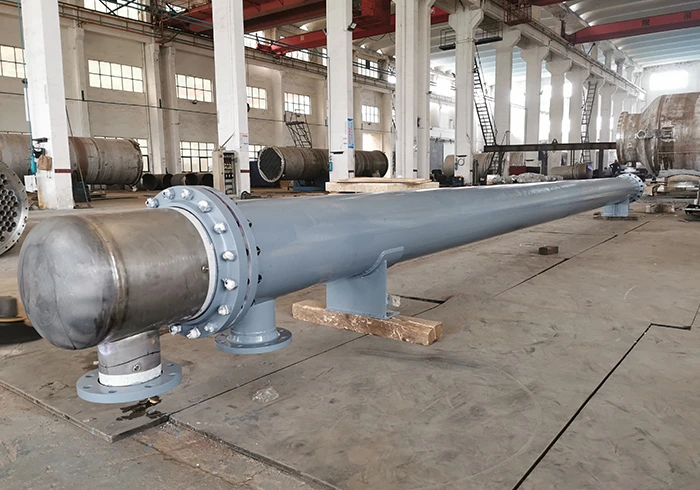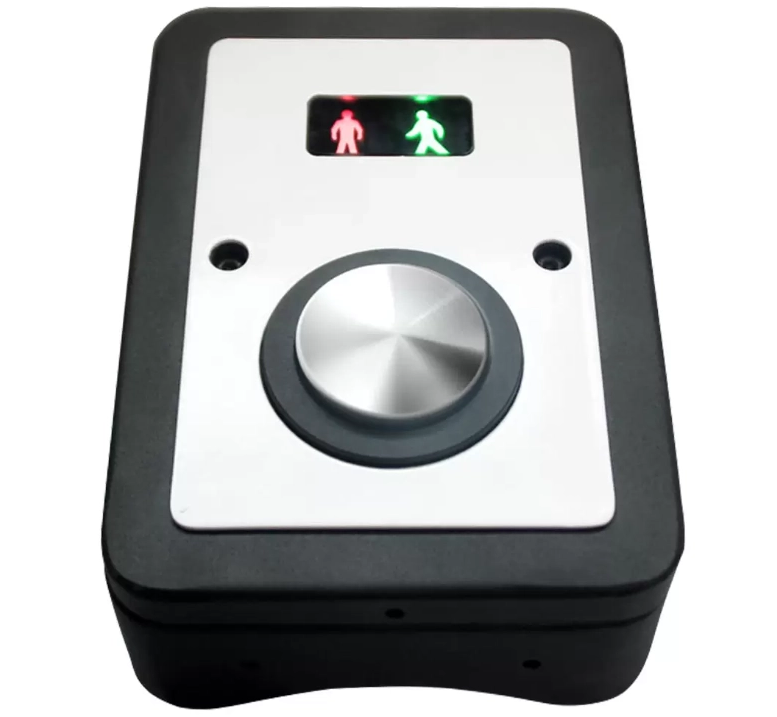Car electrical systems are the unsung heroes that power our vehicles, enabling us to enjoy a comfortable and convenient driving experience. From starting the engine to controlling the lights, wipers, and entertainment systems, these complex networks of wires, circuits, and components play a crucial role in modern automobiles. In this article, we will delve into the intricacies of car electrical systems, exploring their key components, functions, and maintenance tips.
- The Battery: The Heart of the Electrical System
The car battery serves as the primary power source for the electrical system. It not only provides the initial energy to start the engine but also supplies power to various components when the engine is off. We will discuss the different types of batteries, their maintenance requirements, and how to troubleshoot common battery-related issues. - Alternator: The Power Generator
The alternator is responsible for generating electricity while the engine is running. It converts mechanical energy into electrical energy, recharging the battery and powering the electrical components. We will explore the inner workings of the alternator, its role in maintaining a stable electrical system, and signs of alternator failure. - Wiring Harnesses: The Nervous System
Wiring harnesses act as the nervous system of a car's electrical system, connecting various components and ensuring the smooth flow of electricity. We will discuss the different types of wiring harnesses, their importance in preventing electrical malfunctions, and tips for troubleshooting wiring issues. - Fuses and Relays: Safeguarding the System
Fuses and relays are essential safety features that protect the electrical system from damage caused by electrical faults or overloads. We will explain how fuses and relays work, their role in preventing electrical fires, and how to identify and replace faulty ones. - Electronic Control Units (ECUs): The Brain
Modern cars are equipped with numerous electronic control units that monitor and control various functions, such as engine performance, fuel efficiency, and safety systems. We will explore the role of ECUs, their communication protocols, and the importance of software updates to ensure optimal performance. - Troubleshooting and Maintenance Tips
To keep your car's electrical system in top shape, regular maintenance is crucial. We will provide practical tips for maintaining the battery, checking and replacing fuses, diagnosing common electrical issues, and when to seek professional help.
Conclusion:
Car electrical systems are intricate networks that power our vehicles and enhance our driving experience. Understanding the key components and functions of these systems is essential for maintaining their reliability and preventing potential issues. By following proper maintenance practices and staying informed about the latest advancements, you can ensure that your car's electrical system continues to operate smoothly, keeping you on the road safely and comfortably.






